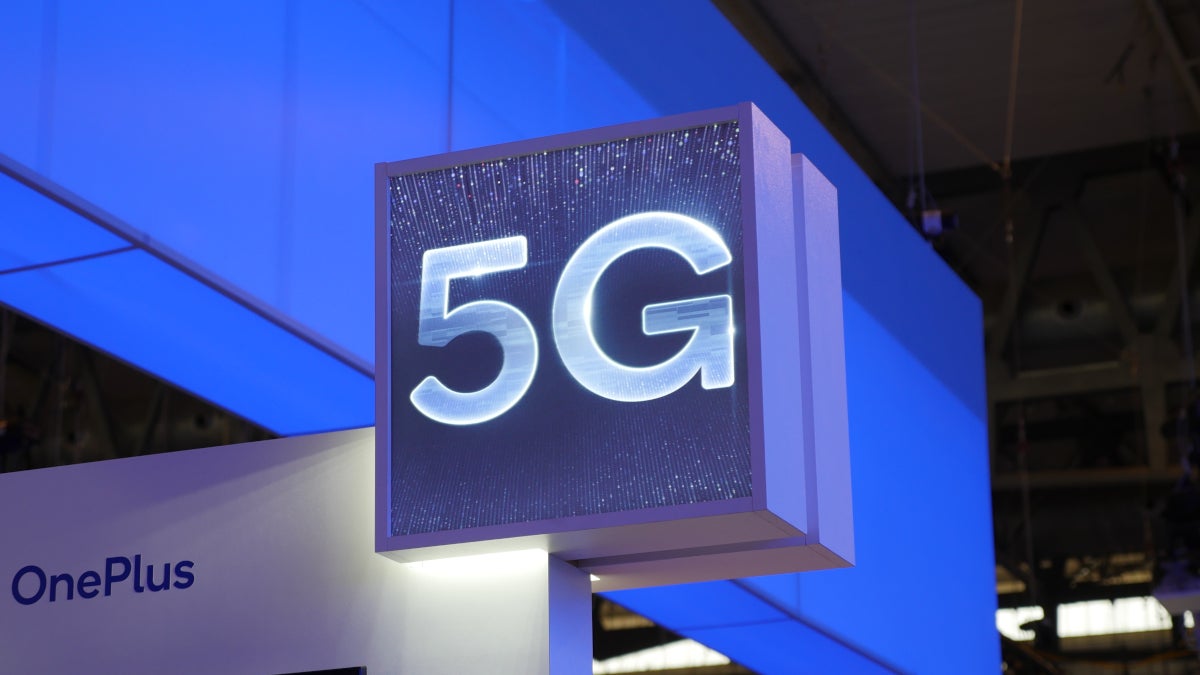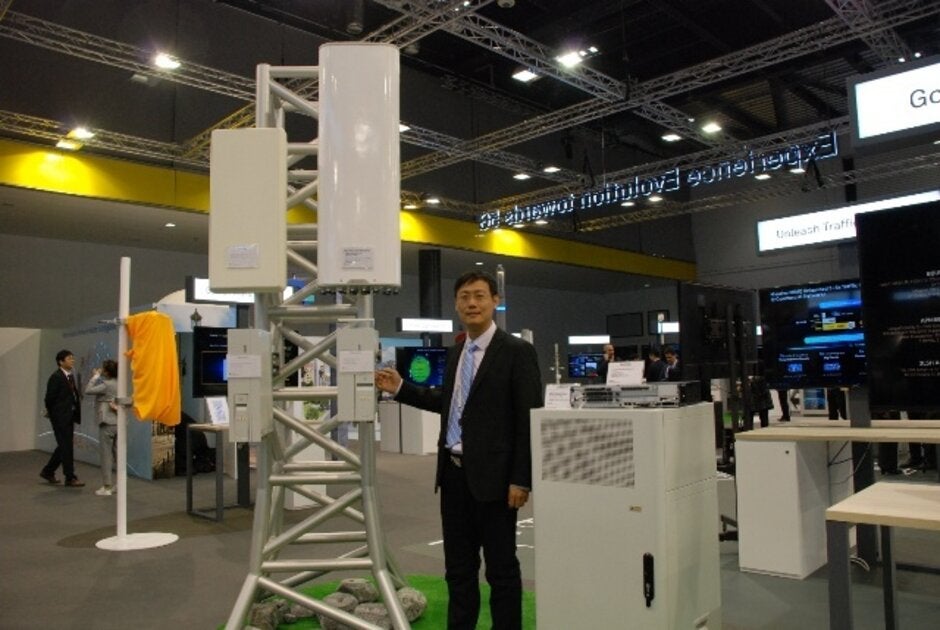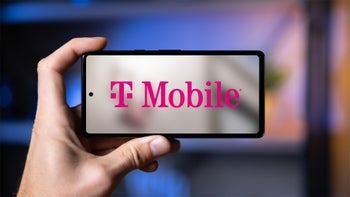Trump adviser reveals plan to use software in 5G networks to replace Huawei's hardware

With Huawei, the world's largest manufacturer of networking equipment, considered a national security threat by U.S. lawmakers, what companies will the U.S. use to build out its 5G networks? Huawei has a reputation for providing quality gear at good prices and with generous terms. But it also has a reputation of being close to the communist Chinese government; this concerns American officials who are worried that the manufacturer's equipment carries backdoors that act as a conduit and send personal and private information from consumers and corporations to Beijing. Huawei, of course, has denied this repeatedly.
In November, the FCC voted to ban Huawei from receiving any money from the Universal Service Fund (USF) that it manages. The fund spends $8.5 billion each year to make sure that rural and low-income Americans can access the internet. And in case you are interested, the money comes from U.S. consumers who are charged a fee on their monthly bills. The FCC is also considering an order that would force rural carriers to remove any Huawei equipment it already has installed on its 3G and 4G networks. The FCC has calculated that it will cost $1.89 billion over a two-year period to complete this task.
Well known U.S. tech firms could get involved in a plan to build 5G networks with American made gear
The U.S. has been telling its allies not to allow the use of Huawei gear in their 5G networks. Australia and Japan heeded the warnings, Germany and Britain did not. Just before the British decision was announced, British Prime Minister Boris Johnson asked: "What are the alternatives?" France discovered that it could build its next-generation networks using Nokia and Ericsson instead of Huawei. And the Wall Street Journal reports that the U.S. has its lineup of companies that could provide the equipment for 5G networks in the states instead of Huawei.

The Trump administration does not want to see Huawei's equipment like this 5G base station in U.S. networks
The plan is for telecom and tech firms in the U.S. to create engineering standards allowing 5G software developers to run lines of code over hardware made by any manufacturer. That could sharply reduce if not totally eliminate the use of Huawei's networking gear on 5G networks in the states. White House economic adviser Lawrence Kudlow named Microsoft Corp., Dell Inc., and AT&T Inc. as companies involved with this plan. Kudlow says, "The big-picture concept is to have all of the U.S. 5G architecture and infrastructure done by American firms, principally. That also could include Nokia and Ericsson because they have big U.S. presences."
Back in October, months after Huawei was placed on the Commerce Department's equity list preventing it from accessing its U.S. supply chain, the U.S. government discovered that no U.S. company manufactures the radio equipment needed to transfer signals from mobile phones and cell towers. Trump officials reportedly met with American companies like Cisco and Oracle to see if they would enter this line of business, but both companies said that they didn't have the time or money. And to compete with Huawei's generous financing terms (which comes from the company's relationship with the state-run bank in China), Trump officials were looking at ways that the U.S. might be able to finance Nokia and Ericsson's 5G networking equipment business.
But the new plan as laid out by Mr. Kudlow seems to have gained some traction. "Dell and Microsoft are now moving very rapidly to develop software and cloud capabilities that will, in fact, replace a lot of the equipment," Mr. Kudlow said. "To quote Michael Dell, 'Software is eating the hardware in 5G.'"
One problem with using Nokia and Ericsson to replace Huawei is that the pair is considered to be at least one year behind the Chinese manufacturer. This is not good when there is a race to 5G. The nations that are first to harness the faster download data speeds (up to 10 times faster than 4G) will be the first to create new technologies and industries. Andy Purdy, Huawei's chief U.S. security officer, has an idea. He says, "If the U.S. wants 5G hardware and software developed by a U.S. or European company, the government should encourage companies to begin negotiations with Huawei to license our 5G technology." Purdy says that without Huawei's intellectual property, "the combined product will be 1-2 years behind the comparable Huawei products in terms of functionality and assurance."
Follow us on Google News














Things that are NOT allowed:
To help keep our community safe and free from spam, we apply temporary limits to newly created accounts: